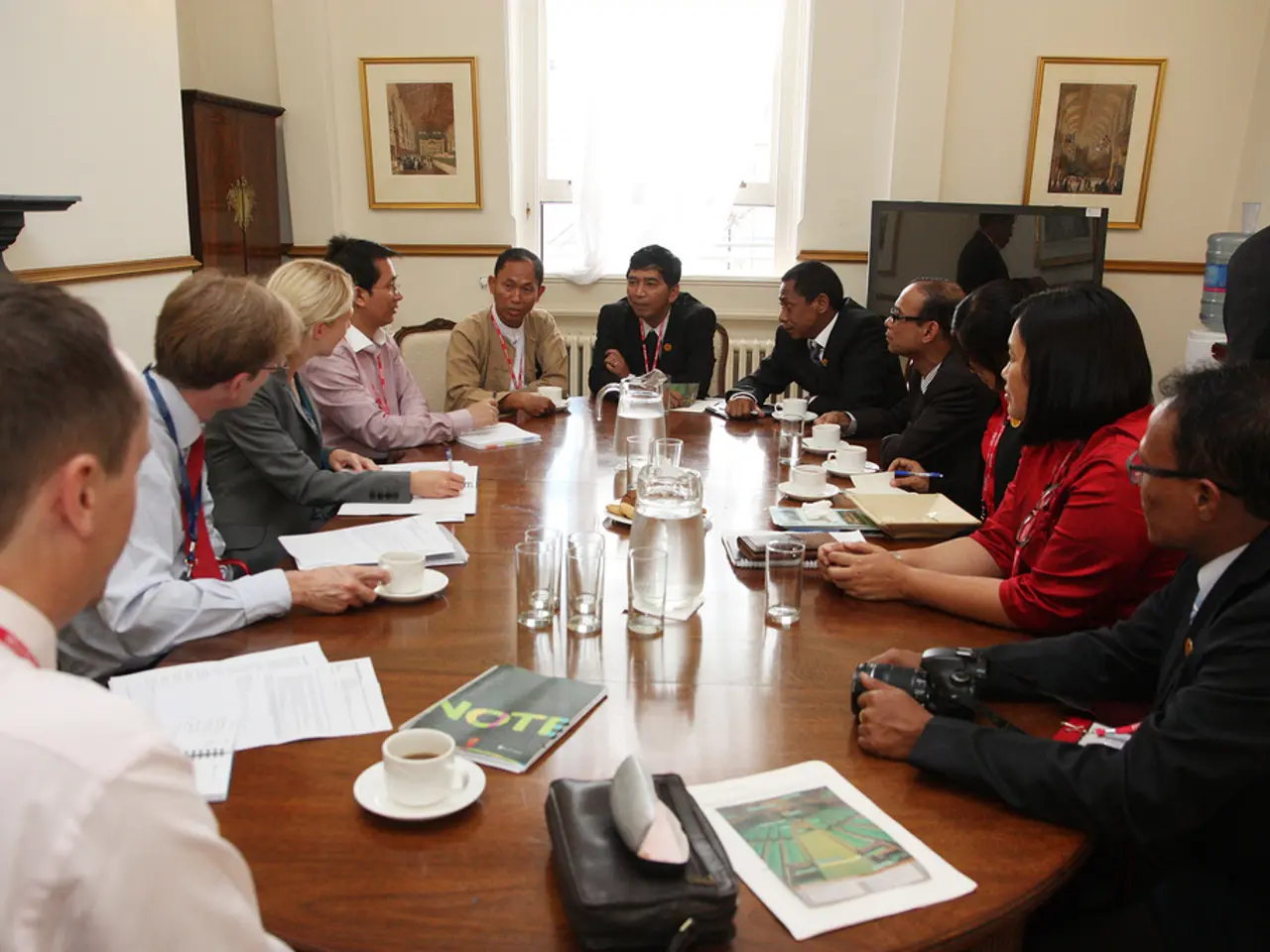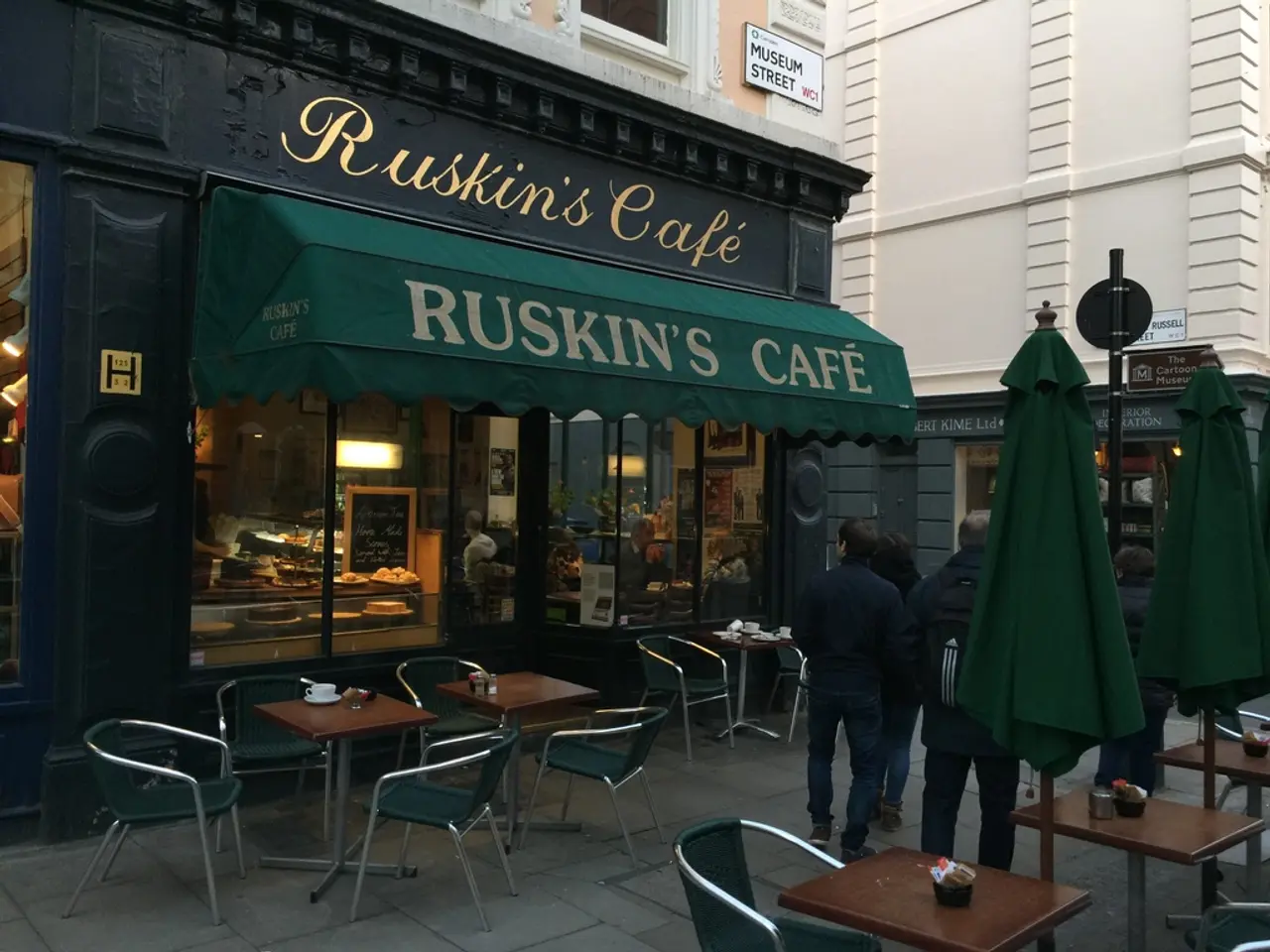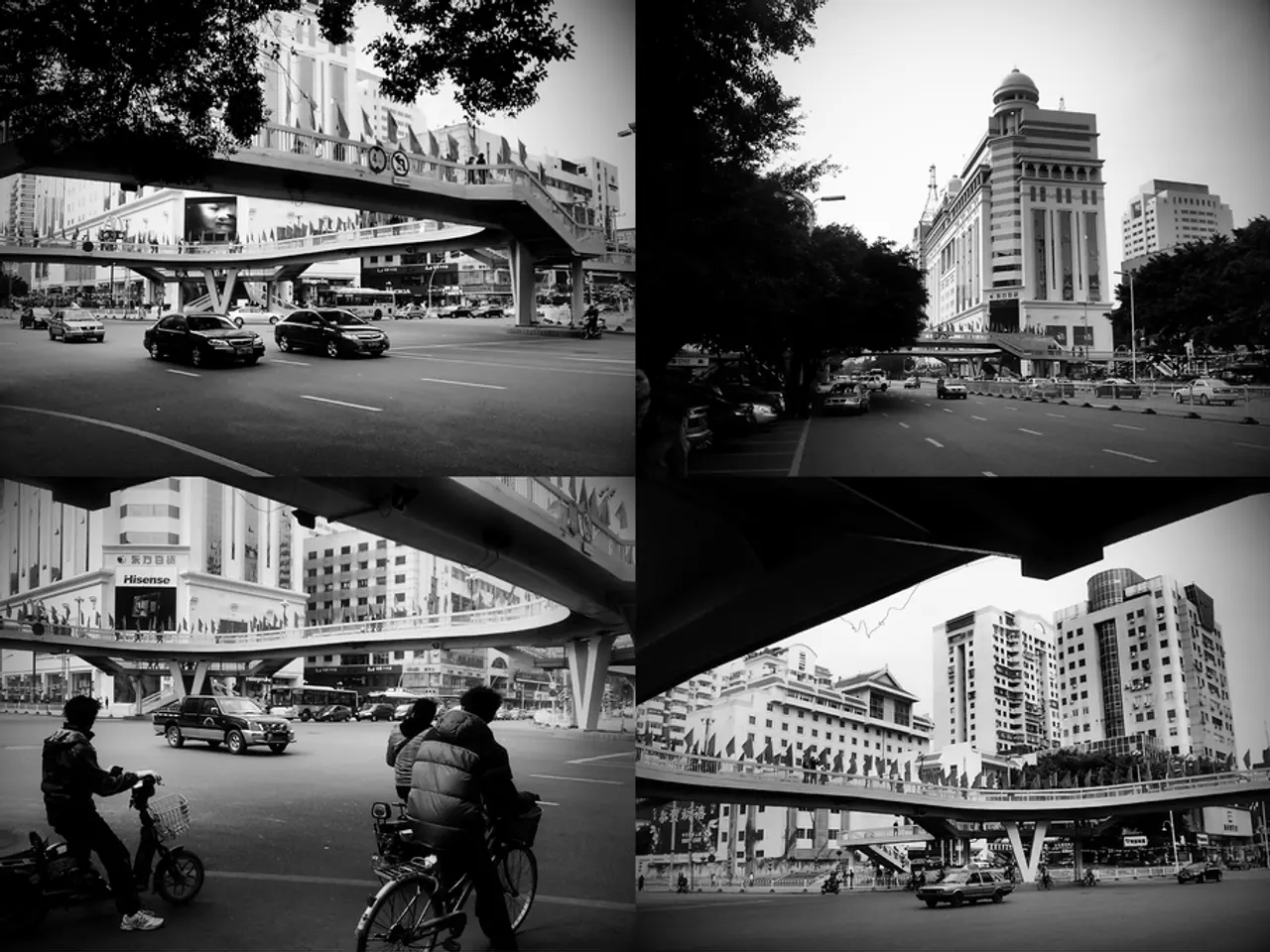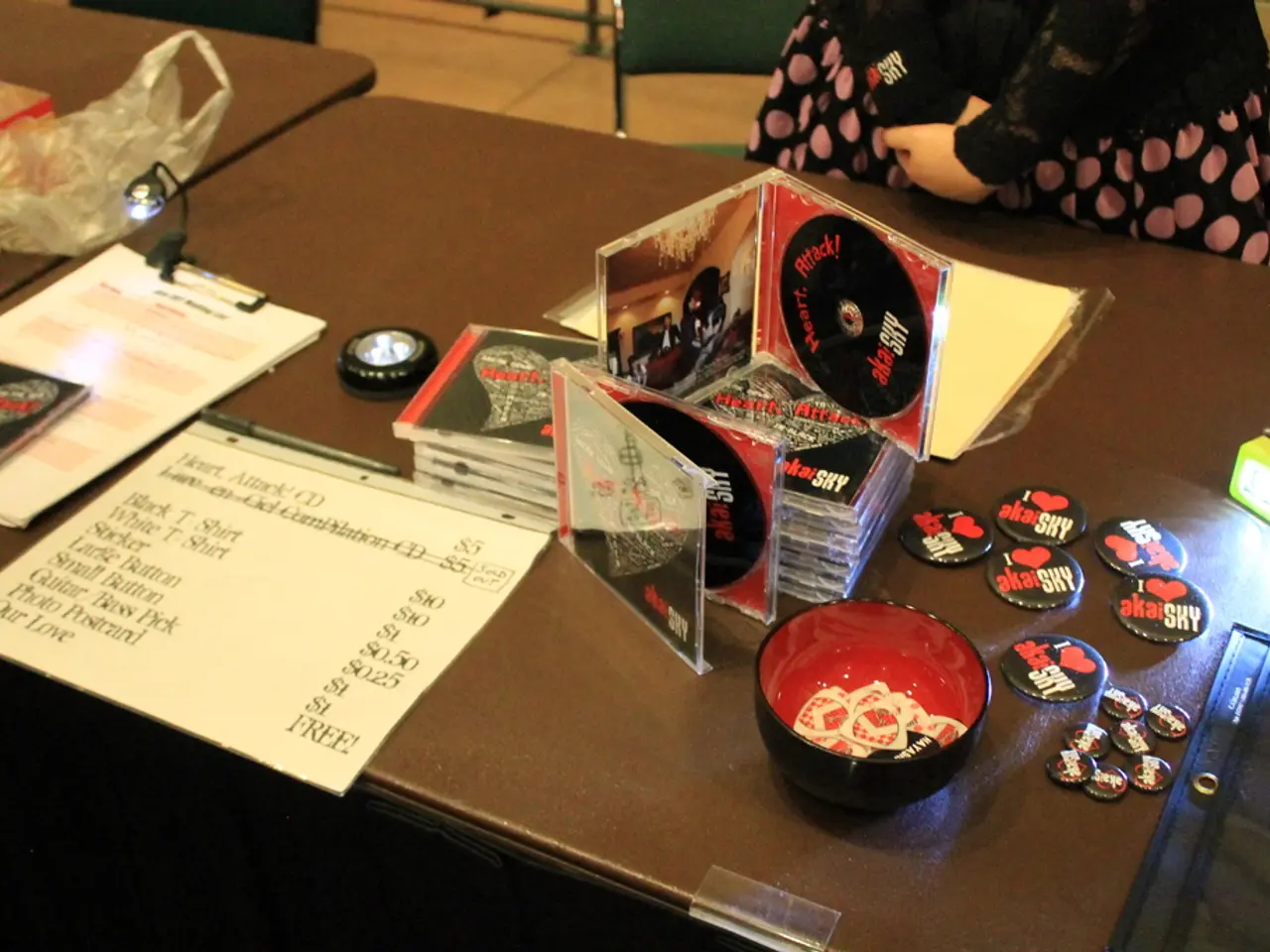Russian Economic Struggles: A Deeper Look Beyond War Production
Economic woes intensify for Russia, impacting its financial stability and economic growth.
Russia is grappling with more than just a shortage of potatoes; its economic troubles are stacking up. In a country known for its vast farming land, staples like potatoes and onions have run out, even catching the eye of President Vladimir Putin. And it's not just spuds and onions - price steeples have also sprung up for sugar beets and some vegetables.
Previously, the cost of potatoes in stores jumped sky-high, and official figures tell us they've nearly tripled in the last year. Onions have doubled, while cabbages cost over 50% more than last year, according to Rosstat. With average incomes of around €1000 before taxes and pensions of just over €200, these increases are no laughable matter. Rising food prices are one of the major reasons for Russia's staggering 9.6% inflation rate, as per the Ministry of Economy.
An Open Discussion About Economic Woes
For the first time, Russia's economic problems are being openly discussed. The effects of the shift to war production are evident. Even at the International Economic Forum in St. Petersburg, Economic Minister Maxim Reshetnikov frankly confessed issues for the domestic economy. "According to the numbers, we're seeing a slowdown, but according to the current feelings of entrepreneurs, we're already at the brink of a recession", he said. The current interest rate level is demotivating businesses to invest, he added. He estimates that investments in the third and fourth quarters could be below last year's level.
Central Bank Governor Elvira Nabiullina defended against criticism of the wrong monetary policy but predicted difficulties. Russia's economy has grown for two years despite sanctions, thanks to funds from the National Wealth Fund and existing capital reserves of the banking system. "We must understand that many of these resources have indeed been depleted, and we need to think about a new growth model", she said.
Struggles in Non-defense Industries
While the defense sector is running at full capacity, civil sectors are struggling. They grapple with high costs, labor shortages, and technological backwardness - problems that have been further exacerbated by sanctions.
For example, the construction and real estate sector is in a crisis. Car production has slowed due to Western producers and suppliers turning their backs on Russia. While China is selling more cars in Russia, they aren't being made locally. Avtovaz, the Lada producer, has failed to fill the gap left by Western automakers. The new Lada Azimut, set to go into mass production next year, can't compensate for the oversupply of previous models in warehouses. New car sales in Russia have plummeted, with only around 450,000 vehicles sold in the first five months, a decrease of 26%. Avtovaz expects a 25% market decline for the whole year.
Rostselmasch, the agricultural machinery manufacturer, is also in crisis. The producer of combine harvesters and tractors has recently sent more than 15,000 employees on forced leave. For the workforce, this means stress rather than relaxation, as it is unclear whether production will resume afterward. Short-time work was introduced in the factory in March, and 2,000 workers were laid off in April.
Warning Signs Abound
These struggles have a ripple effect. In 2022, Putin proudly reported a record grain harvest of 157 million tons. However, yields have decreased in the past two years. Deputy Prime Minister Dmitry Patrushev warned that the current trend is moving in the opposite direction, and this needs to be corrected quickly. If the harvest doesn't improve, Putin may have to resort to a plan favored by his Belarusian ally, Alexander Lukashenko, nicknamed the "Potato Dictator" - advising citizens to limit their potato consumption to avoid excessive weight gain.
- Attack on Ukraine
- Wars and Conflicts
- Food Requirements
- Russia
- Food Prices
- Consumer Prices
- Inflation
[1] "Russia's economy slows as sanctions bite and inflation rises", Reuters, June 6, 2025[2] "Russia's economic challenges and the consequences of Western sanctions", Brookings Institution, May 10, 2025[3] "Russia's economy struggles as defense production reaches its limits", The Guardian, June 10, 2025[4] "Russia's economic outlook: challenges and opportunities beyond defense production", IMF, May 20, 2025
- The discussions about Russia's economic issues have extended to various sectors, including community policy, business, politics, general-news, and finance, as the effects of the shift to war production and sanctions become more evident.
- Employment policies are facing unprecedented challenges across multiple industries such as construction, real estate, automotive, and agriculture, due to high costs, labor shortages, and technological backwardness.
- With rising food prices driving inflation and causing concern in various non-defense industries, Russia may need to reevaluate its policies and consider a new growth model to address these issues and sustain its economy.






